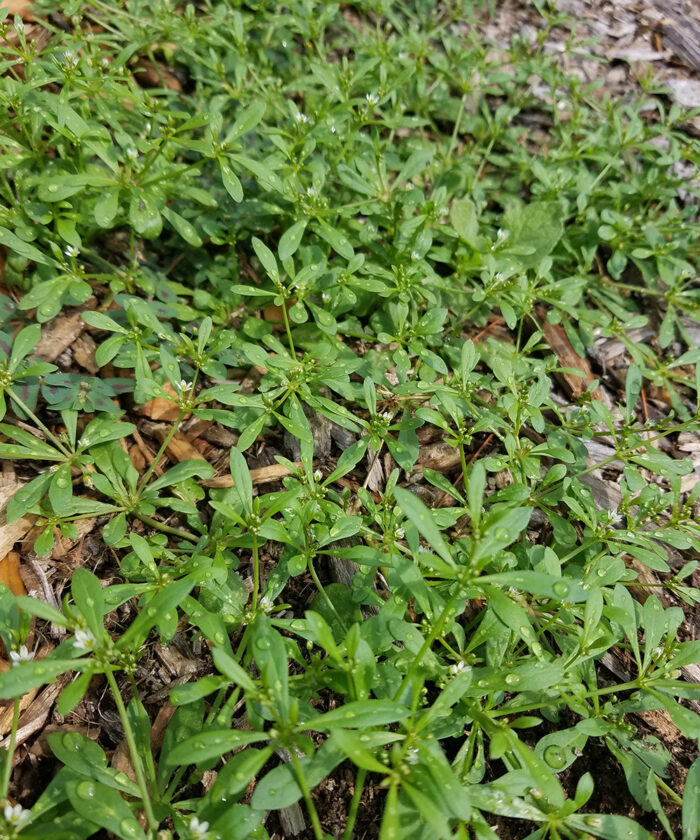
As summer draws to a close, it is easy to fall into a passive and lethargic state. As we approach this somewhat idle period in the gardening calendar, we must not forget what’s around the corner: the sneaky and unceasing offensive weeds in late summer and early fall.
There are numerous tools and methods you can use to eliminate even the peskiest weeds, and it is worth the effort to get on top of them early. Below are some of the most common late-season weeds that I see in my Mid-Atlantic garden and the strategies I use to remove them.
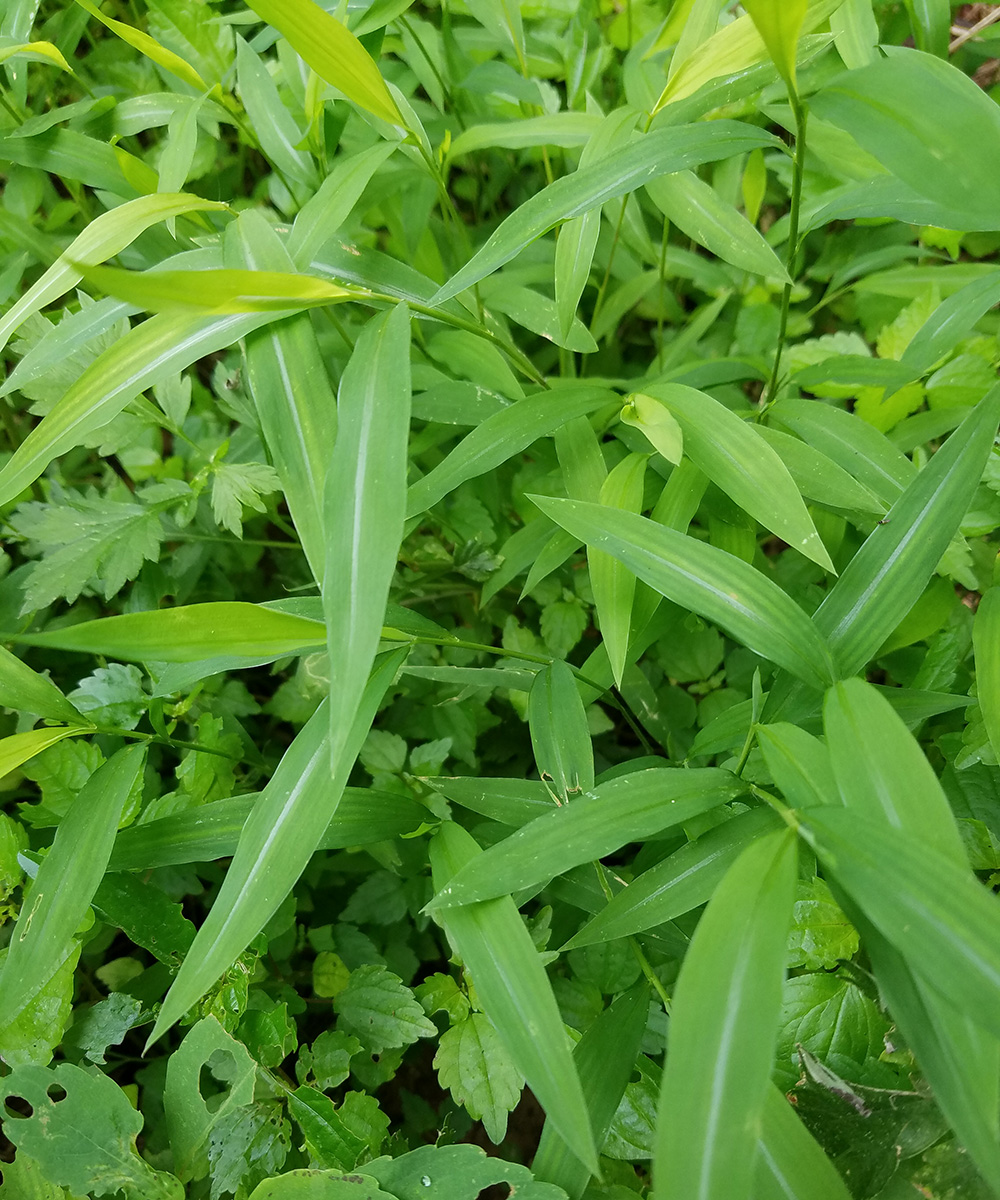
Stop Japanese stiltgrass before it sets seed
Japanese stiltgrass (Microstegium vimineum) is a troublesome invasive plant that is loathed for a reason. It constantly creeps and seeds itself into garden beds and will quickly spread and grow when left alone. Stiltgrass always seems to pop up where you least expect it, but you can easily combat it. The trick, if you can manage it, is to catch it before it goes to seed. With an attentive eye and a scuffle hoe, you can easily eradicate this plant, at least for the time being. In tight spaces, it is better to uproot it with a hori-hori garden knife or similar tool to avoid damaging nearby plants.
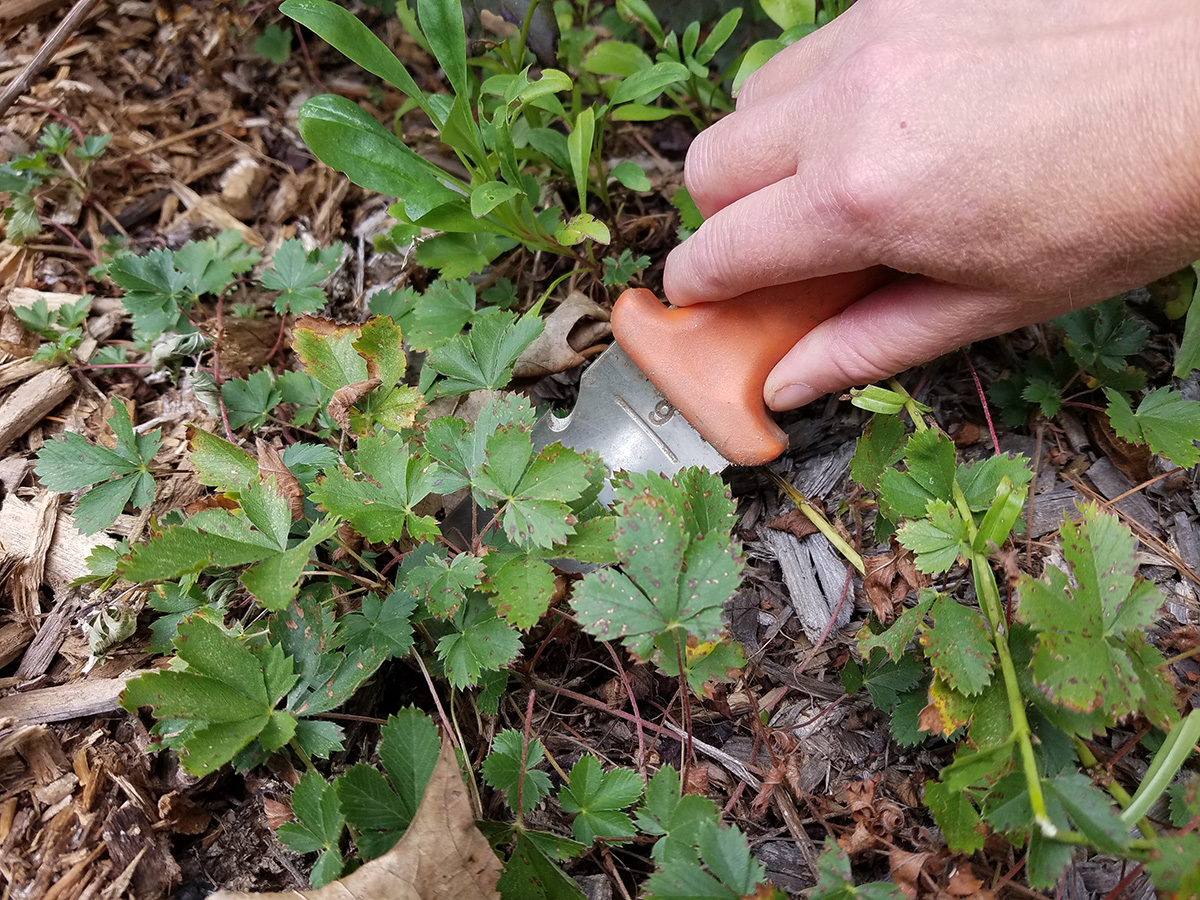
Cinquefoil can be difficult to pull, and will regrow from roots that are left behind
Cinquefoils (Potentilla spp.) include several species that spread by runners and use twining taproots to settle and persist in your garden. They can take off and spread around the garden in late summer and fall, so it’s best to remove these plants as soon as you spot them. The deep-rooted stem is hard to dislodge from the soil; if it is cut or broken off near the top, the plant will regenerate. But with a little patience, determination, and a small spade or hori-hori, you can get the best of this troublesome weed. Dig deep and get the whole root out, or as much as you can. For a larger infestation, try scalping the ground with a hoe and using burlap to cover what’s left. This will aid in solarizing the soil and preventing regeneration of the taproot.
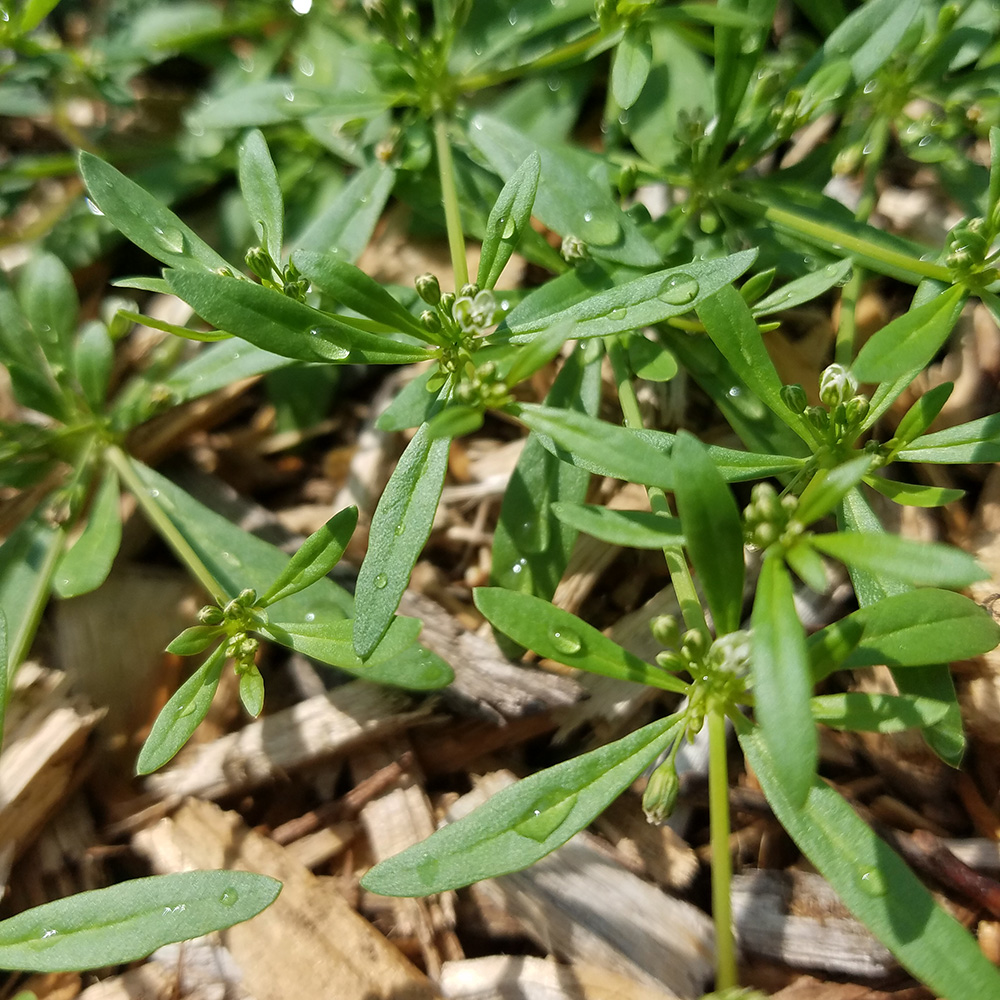
Chickweed will spread like wildfire if left unchecked
Chickweed (Stellaria media) is a quintessential late-season weed that seems to pop up just about anywhere and everywhere each year. Fortunately, chickweed is one of the easiest weeds to get rid of. Just use your scuffle hoe to disturb the soil surface and damage the root, then be on your merry way. The root is easy to sever and quickly crisps up in the hot summer sun. Though easy to remove, chickweed can produce a great many seeds if unchecked, so deal with this plant promptly as you see it. Chickweed flowers quickly and for a prolonged period, contributing to the seed bank in your soil and allowing the plant to return for years.
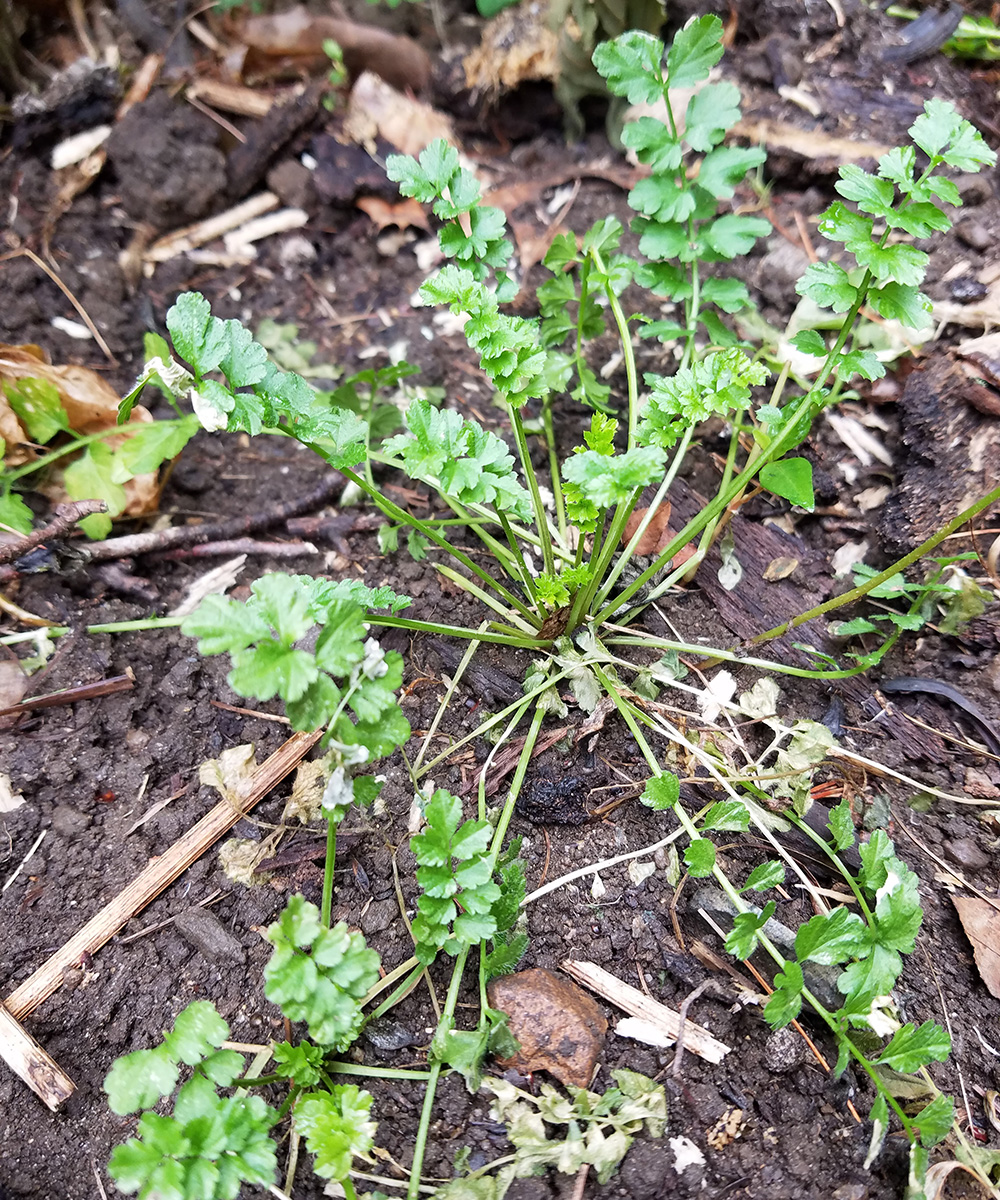
Pull out hairy bittercress now for fewer exploding seedpods next spring
Hairy bittercress (Cardamine hirsuta) is related to mustards and cresses, and it shows its family heritage in stereotypical basal rosettes of scalloped, deeply cut leaves. Dainty and seemingly polite among other plants, it pops up right as you are trying to tidy the garden at the close of the season. Be careful not to let this plant go to seed, and remove carefully if it has; the seedpods explode easily and disperse their seeds widely when touched. The best way to remove this late-season bandit is by hoe if you can catch it prior to setting seed. Carefully lift plants with a hori-hori if seedpods are present.
—Alexandra Melian is a horticulturist at Morris Arboretum of the University of Pennsylvania in Philadelphia.


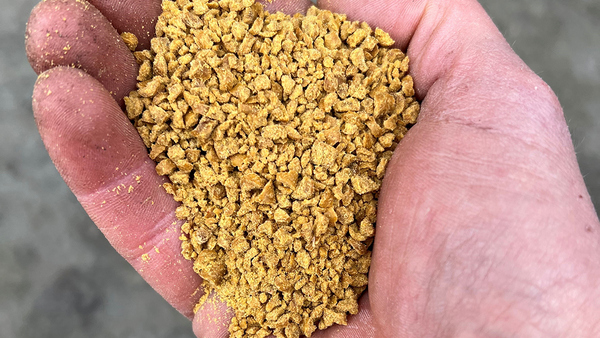
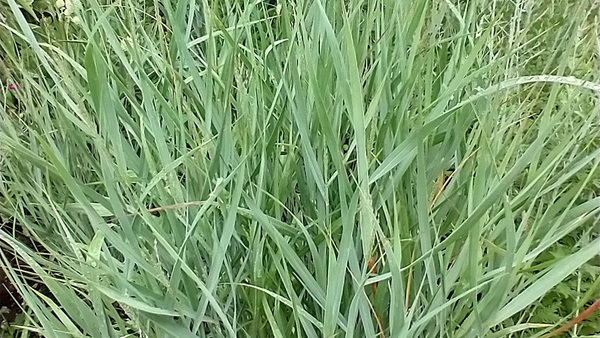

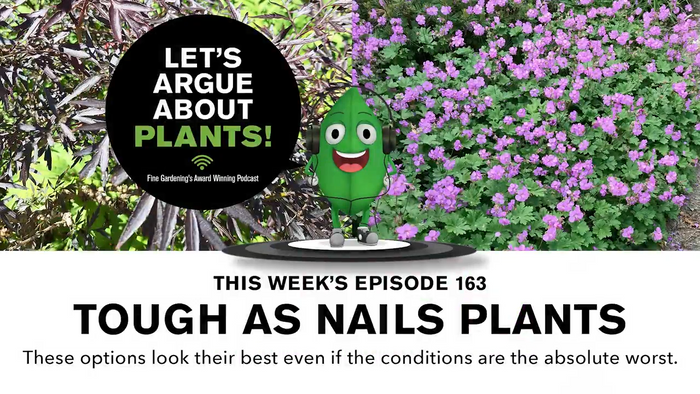
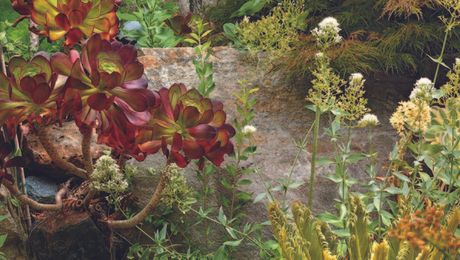










Comments
Log in or create an account to post a comment.
Sign up Log in